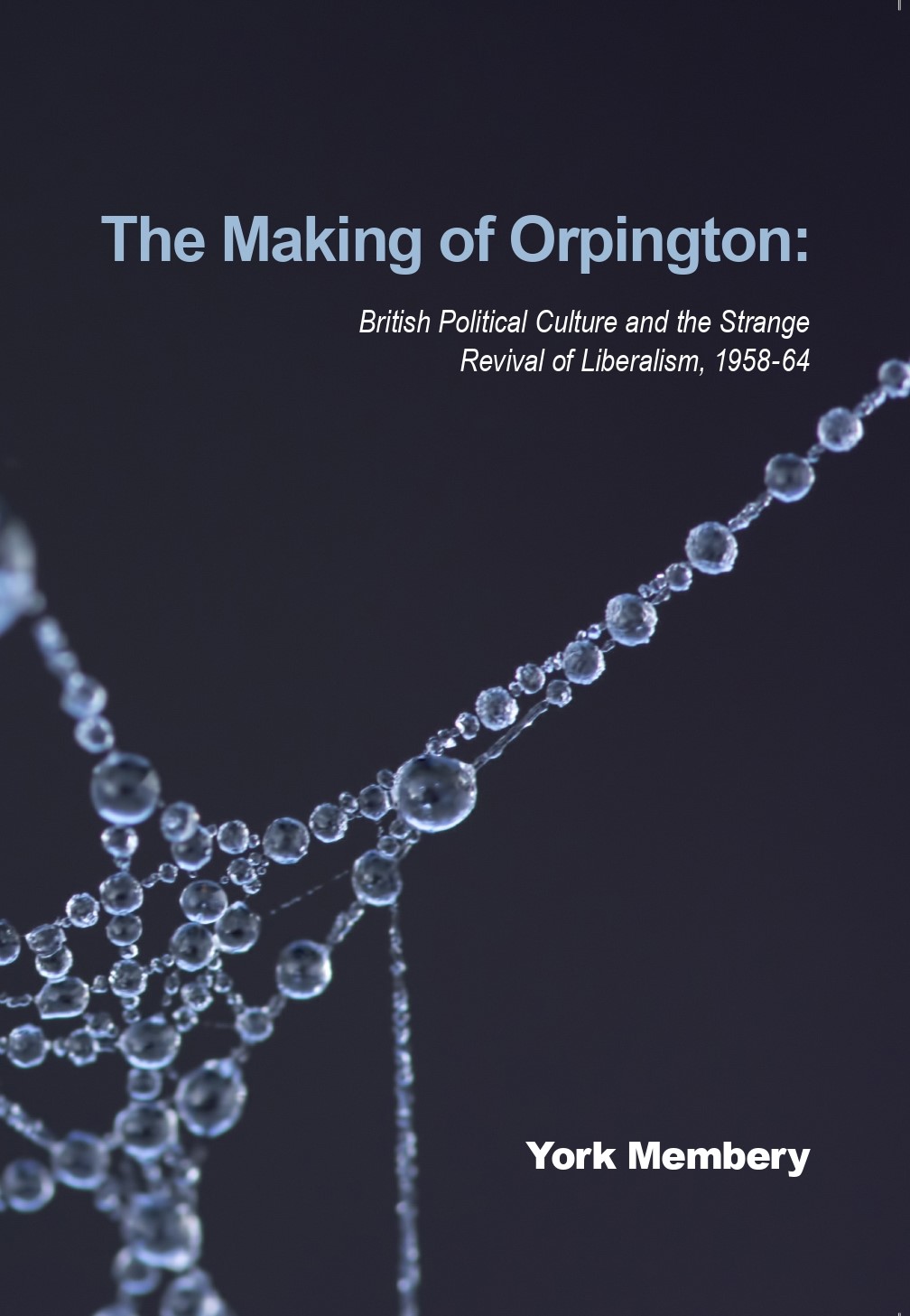PhD conferral mr. York Membery
Supervisor: prof.dr. K.K. Patel
Co-supervisor: dr. C. Erlichman
Key word: the Orpington by-election sensation
"The making of Orpington: British Political Culture and the Strange Revival of Liberalism, 1958-64"
In 1962, the Liberal Party won a highly symbolic by-election in Orpington, suburban London, turning a longtime Conservative seat into a Liberal seat. Nearly 60 years on, it remains one of the most famous postwar British by-elections. The enduring fascination with Orpington stems from it being the Liberal party’s first big postwar win, its contemporary impact, the impact of tactical voting, opinion polls, alleged anti-Semitism and weakening class ties on the result, and its significance for the wider history of British politics. The by-election took place after a decade of Conservative government in a Britain on the cusp of change: change reflected in the identity of two of the key players in the by-election, one British-Jewish (Peter Goldman) and one British-Indian (Pratap Chitnis), and the way in which the by-election was fought and covered by the media (it was the first by-election result to be covered live on television). The result gave the Tories a jolt, helped pave the way for a government reshuffle – the so called ‘Night of the Long Knives’– and briefly led to speculation in the press that the Liberals might even replace Labour, which had lost three general elections in a row, as Britain’s main centre-left party. However despite tapping into the growing desire for change after the long years of Conservatism, the Liberals ultimately failed to alter the established party-political balance of power and capitalise on their by-election success in subsequent national elections. And many histories of postwar British politics have therefore paid comparatively little attention to this under-researched by-election.
